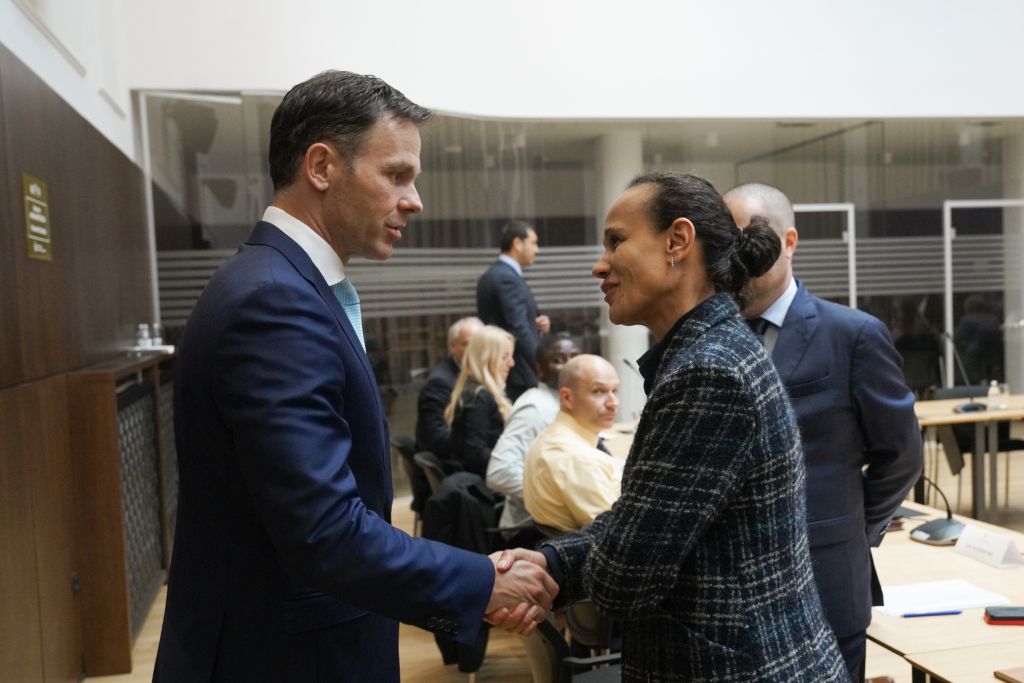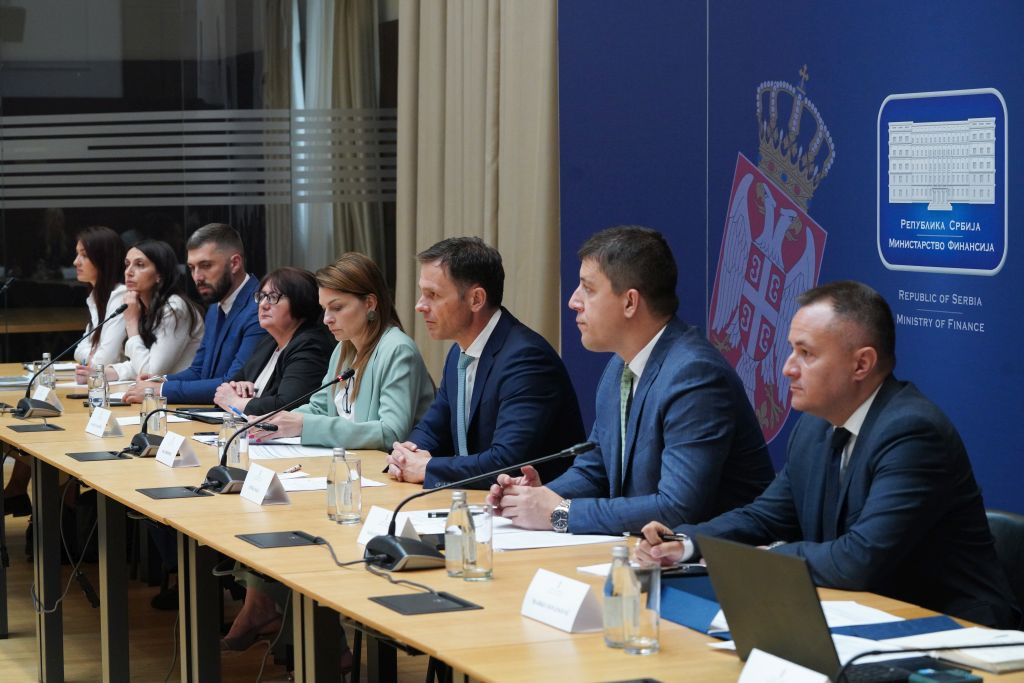First Deputy Prime Minister and Minister of Finance Siniša Mali today headed a delegation of the Ministry of Finance that met with the International Monetary Fund (IMF) Mission led by Annette Kyobe.
- Serbia
Get to know Serbia
- Citizens
Culture and science
Health services
Pension and disability insurance
- Business
Employment
Economy
- Media
- Government
- Contact
Keep in touch
Keepin touch
Whether you have a question, comment, suggestion or any problem in the purview of the government, send us your message and we will try to respond as soon as possible. If your problem is not in our purview, we will forward your message to the relevant institution.
Talks launched with IMF under first review of ongoing non-financial arrangement
This is the first meeting at the Ministry of Finance under the first review of the ongoing non-financial arrangement in the form of the Policy Coordination Instrument.
Mali emphasised that the previous year was successful, and that 2025 began with numerous challenges that led to a downward revision in economic growth projections, and therefore to a decrease in foreign direct investment.
According to him, Serbia will still maintain a deficit of below 3% of GDP, which is important both for macroeconomic stability and the arrangement with the IMF.
The First Deputy Prime Minister pointed out that the labour market is still good, that the budget is liquid, and that Serbia has a low level of public debt as a share of GDP.
In addition to macroeconomic results, Mali and Kyobe also discussed other goals under the new arrangement, such as reform goals in the energy sector, the process of capacity building at the Tax Administration and the employment of 1,000 new people this year.
Taking into account the fact that in February of this year, the IMF Mission for the evaluation of fiscal transparency was carried out, Kyobe pointed out that Serbia has done a lot in terms of fiscal transparency, especially in view of the results of this mission, the publication of which is expected soon.
According to the current arrangement, the fiscal programme is based on a fiscal deficit of a maximum of 3% of GDP during the duration of the arrangement and 2.5% of GDP during 2028 and 2029, which helps to prioritise the implementation of projects and further reduces public debt.
Accompanying fiscal-structural reforms and reforms of state enterprises, including the energy sector, will contribute to mitigating fiscal risks.
The Policy Coordination Instrument, which the IMF approved for the Republic of Serbia in December 2024, is advisory and does not envisage the use of financial resources. It will last three years, in order to cover the period of the entire investment cycle.
The IMF Mission will stay in Serbia until 11 June.
Photos: Tanjug/ Miloš Milivojević
-
 Belgrade, 15 January 2026
Belgrade, 15 January 2026Goal to finalise NIS negotiations by end of week
-
 Belgrade, 23 December 2025
Belgrade, 23 December 2025Enhancing implementation of IPARD III programme
-
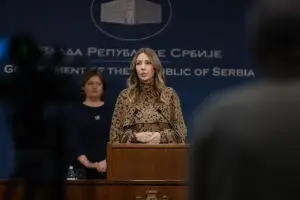 Belgrade, 12 December 2025
Belgrade, 12 December 2025Construction of gas interconnector with North Macedonia by end-2027
-
 Belgrade, 8 December 2025
Belgrade, 8 December 2025Enormous public interest in registering illegal facilities
-
 Belgrade, 8 December 2025
Belgrade, 8 December 2025State doing everything to preserve stability of energy supplies
-
 Belgrade, 5 December 2025
Belgrade, 5 December 2025State doing everything to avoid shortage of oil derivatives
-
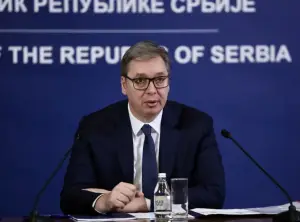 Belgrade, 2 December 2025
Belgrade, 2 December 2025Serbia has not received positive decision from US over NIS
-
 Belgrade, 2 December 2025
Belgrade, 2 December 2025Spanish companies invited to invest in Serbian agriculture
-
 Belgrade, 26 November 2025
Belgrade, 26 November 2025Highest level of cooperation, information exchange with Hungary in field of energy
-
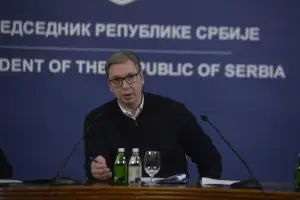 Belgrade, 25 November 2025
Belgrade, 25 November 2025OFAC’s decision on NIS licence in next four days

